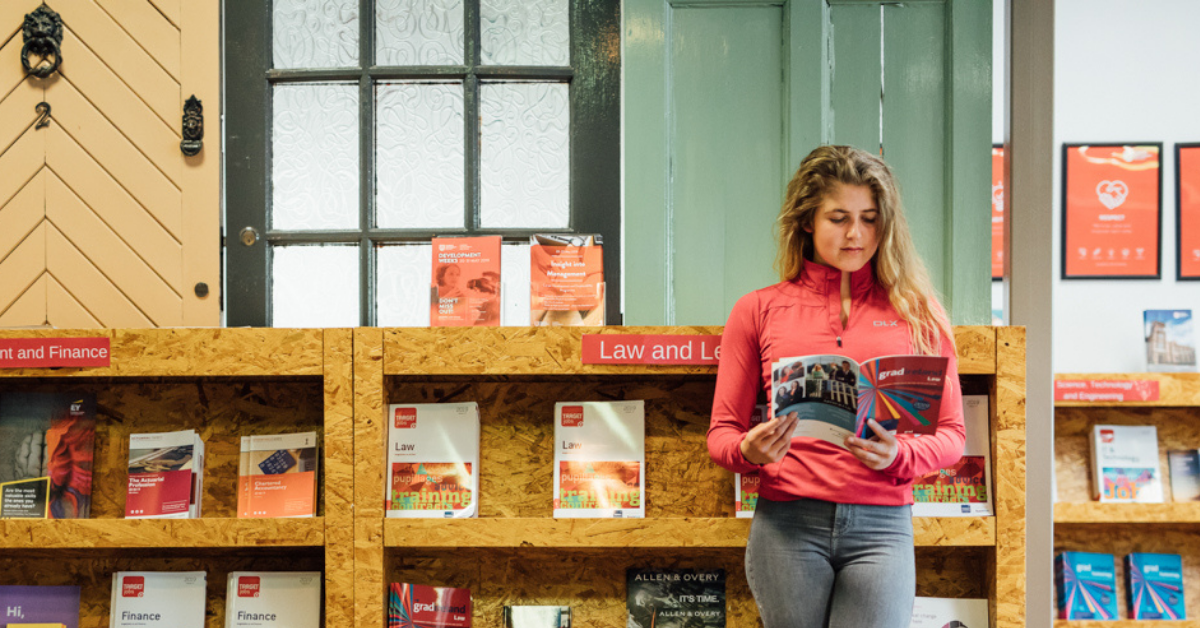
Kirsty King, a blogger from our MEDIA programme examines some key employability skills and how you can build them up during your time at university.
During your time at university, there will be lots of opportunities to collect different employability skills. Some of the ways in which you can gain these skills could range from joining a club or society or completing a career development programme, to becoming a student ambassador or volunteering. The skills gained in your chosen activities will all add up and help you to reach your full potential in your future career.
Read on to find out some of the key skills that employers look for and how you can collect these at Queen’s…
Leadership
Employers like to see that you have experience of leading individuals or groups. At university, you could develop this skill by nominating yourself for a leadership position in a club or society, become a course, school or faculty representative, or even run for a part-time or full-time leadership position in the Students’ Union. This year, I have been on the committee for the QUB English Society, which has been a great way of learning how a society is run. It has also given me the opportunity to plan a range of events with other committee members.
Interpersonal
Having interpersonal skills means you have sensitivity and the ability to engage with and motivate others. A good way of developing these skills could be through volunteering as a peer mentor in your subject area. As a peer mentor myself this year, I have found the experience of helping first-year students with their transition to university very rewarding.
Communication
It’s important to be able to communicate effectively both orally and in writing in a professional environment. You could develop this skill by writing for the university newspaper or getting involved in student radio. By taking part in the MEDIA Programme at Queen’s this year, I have learnt about how to communicate effectively in written blogs and social media posts. Furthermore, by presenting some segments on Queen’s Radio shows this year I have developed my oral communication skills.
Problem Solving
Employers like to see that you can cope with complex situations. By taking part in a study or work placement at home or abroad during your degree, you will face challenges which you may not have encountered on your course, and therefore will have to use your own initiative. Last year, I took part in an Erasmus Study Placement in Belgium, during which I had to solve a number of issues which came with living and studying in a different country. Now, I feel more confident in my ability to problem-solve.
Teamwork
Being able to work in a team involves flexibility, adaptability and creativity. To develop your teamwork skills at university you could join a sports club, music group or any other team activity that interests you. During my time at Queen’s I have been a part of the Ladies’ Rugby Club, which has taught me the importance of teamwork and community spirit.
I hope this has given you an insight into some of the ways in which you can collect employability skills whilst at university. Why not check out the QUB Careers website, MyFuture, or organise an appointment with a Careers Consultant to find out what opportunities are out there for you!









